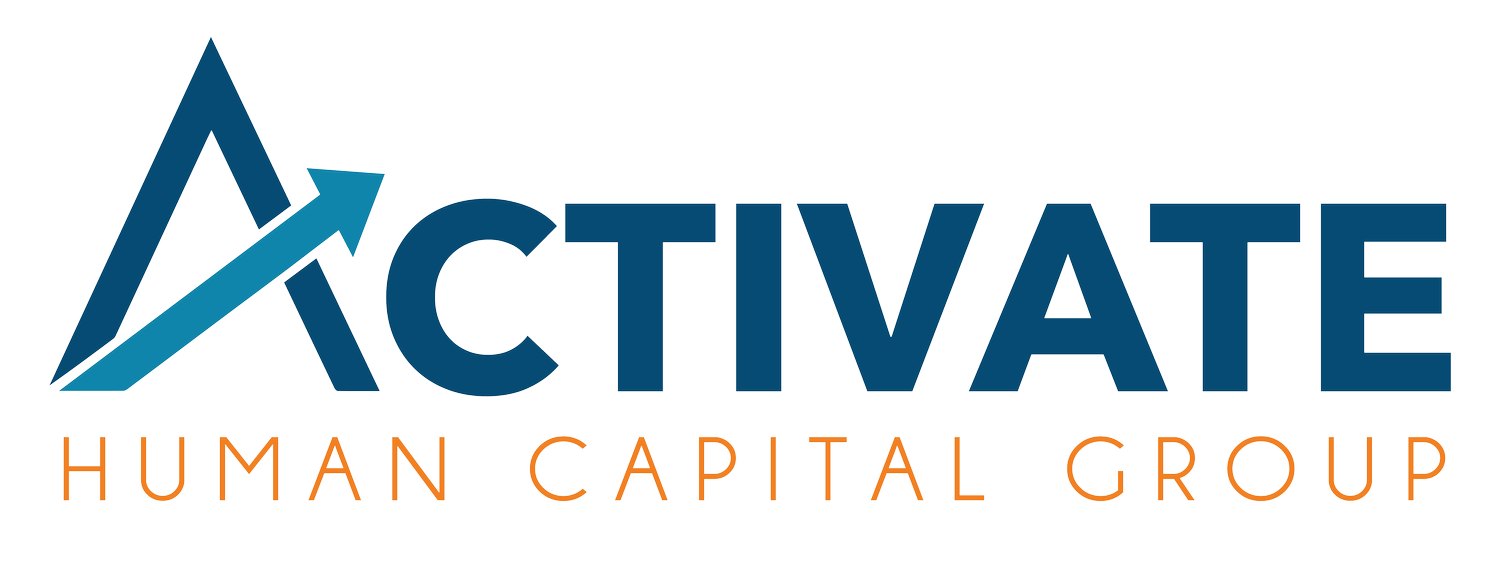Owning Your Own Engagement
Written By: Melissa Ortiz
Engagement in the workplace is often thought of as a top-down approach. Motivating employees to become more engaged in their roles and with the company is the goal.
What if we worked from a bottom-up approach? Imagine a world where we flipped the model and empowered employees to “OWN their own engagement”. Perhaps not in the absence of helping managers lay the foundation of engagement, but instead as an accelerant.
Taking this approach would allow us to appeal to our frustrated and less-engaged employees with the incentive that this concept would help them “manage up” in the face of a not-so-talented managers. Our more-engaged employees would be drawn to learn how to take responsibility for their own path, to find new and more productive ways to ask for the things they need at work.
Making engagement a two-way street can empower engagement at all levels and result in greater productivity, employee retention, and overall job satisfaction. Especially when we consider a recent Gallup poll that reported 8 out of 10 managers are not equipped with the natural talent needed to motivate and engage their teams. This data reinforces the argument that equipping employees with the tools they need to take responsibility for their own ever-changing engagement is a worthy investment of time and resources.
Think back a time when company loyalty was the norm. A time when people started a job and expected to work their way up until they retired. It may be easy to say those days existed before technology, the desire for work-from-home opportunities, or recruiters being able to tempt people after a quick perusal of LinkedIn profiles. Sure, the times were different, but the workplace culture was also substantially different. Even in larger companies, there were clearly defined avenues for growth and success. If you worked hard, you typically had the opportunity to grow. While that in and of itself was an avenue for employees to feel engaged at work, there was also an increased level of self-motivation and responsibility. Talk to anyone who lived and worked during the Depression Era; the overwhelming mindset of the time was to work hard and expand your skill base. Personal growth and development coupled with hard work could earn an employee a better position.
Today we have unlimited opportunities and technologies for continuing our education and skill enhancement, which means there are infinitely more ways employees can take charge of their own engagement in their careers. Some avenues leading to personal engagement can include:
Don’t wait for your manager to set goals for you.
Wouldn’t it be great if a prerequisite for management roles was a natural aptitude for developing people? It’s not, but that doesn’t need to hold us back from teaching employees set individual goals. People with aspirations and goals are more engaged in the work they do because they know what they’re working towards. They go above and beyond by acquiring new skills that can benefit their teams and their clients while advancing in their careers.
Set some of your own goals and track your success. Re-evaluate goals quarterly if they are long-term goals like furthering a traditional education or beating a yearly sales quota. When it comes time for your employee assessment, you now are armed with proof of your work efforts and growth avenues.
Look for growth opportunities
Training programs. Interesting assignments. Volunteer work. Cross-functional teams. These are all wonderful opportunities to learn and grow. Seek out assignments and responsibilities that play to your strengths and be intentional about the new skills and abilities you want to develop. And don’t just invest in the work – invest in the relationships you’ll form along the way. As you become a more valuable employee, your total value will include your capabilities, capacity, and your network.
If you’re struggling to find growth opportunities, speak to your manager or HR rep about training and development offered through your company. Inquire about tuition reimbursement programs for outside development programs, seminars, degree programs, etc. Taking personal responsibility for finding programs you’re interested in will help you feel more engaged as you move toward the future you’ve created for yourself.
Connect with your coworkers
Employees who feel a sense of community in the workplace are happier, safer, and more engaged. Having friends at work makes going to work and getting involved a much more enjoyable prospect. If management doesn’t plan team outings or events, it’s easy enough to plan small group events outside of work. Even simple things like pot-luck lunches can help boost morale and help your team members get to know one another better.
No matter the approach, engagement is a two-way street. Not all employers or managers excel at providing the necessary opportunities to encourage engagement, so take time to identify how you can take personal responsibility for your engagement. Before you know it, you’ll feel not only more engaged at work, but also more satisfied with the work you do.
Discover how Activate Human Capital Group can transform your workplace with our unique employee engagement strategies and strengths-based approach. Don't miss the chance to enhance your team's performance and satisfaction. Contact us today to start the conversation about your organization's future!

